Growing Guide Blog
All Articles
Filter by blog category:



Climate Resilient Gardening
Climate change is making its mark on our environment in various ways that directly affect our gardening. The reality is that...
Climate Resilient Gardening
Climate change is making its mark on our environment in various ways that directly affect our gardening. The reality is that...

Vegetable Garden Planning
Is there anything more gratifying and delectable than cultivating your own produce? Productive plants offer a profound sense of achievement...
Vegetable Garden Planning
Is there anything more gratifying and delectable than cultivating your own produce? Productive plants offer a profound sense of achievement...
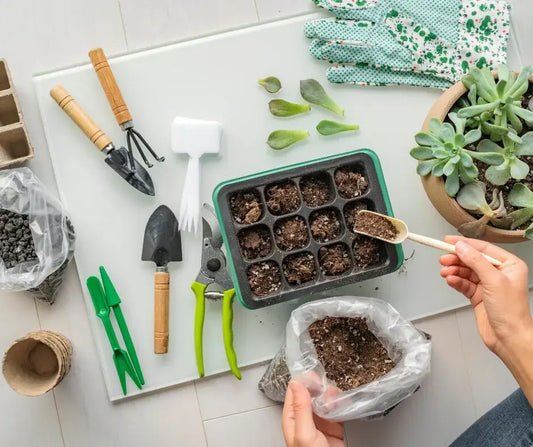
Seed Starting Basics
A Beginner's Guide to Successful Plant Growth 1. Choosing the Right Seeds Before you start, you need to choose the...
Seed Starting Basics
A Beginner's Guide to Successful Plant Growth 1. Choosing the Right Seeds Before you start, you need to choose the...
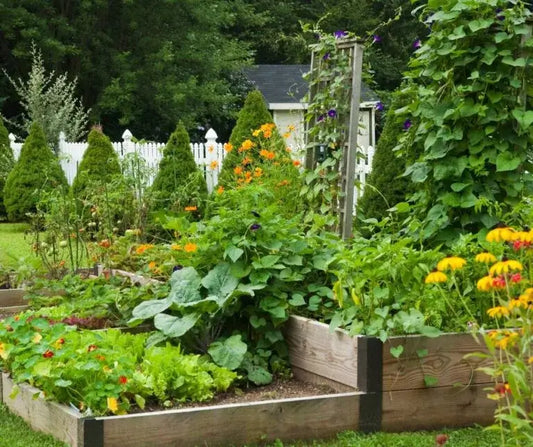
Garden Planning
Cultivating Your Perfect Garden Embark on the enchanting journey of gardening, where each plot of earth carries the potential for...
Garden Planning
Cultivating Your Perfect Garden Embark on the enchanting journey of gardening, where each plot of earth carries the potential for...
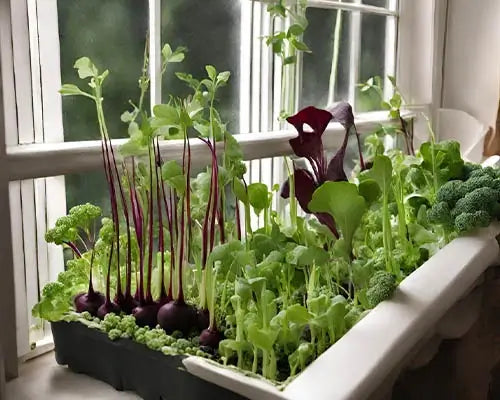
Growing an Indoor Garden
Don’t let winter hold you back from growing fresh vegetables and herbs. Growing can help elevate your cooking and add...
Growing an Indoor Garden
Don’t let winter hold you back from growing fresh vegetables and herbs. Growing can help elevate your cooking and add...

The Gardener's Guide to Tool TLC
Embarking on a regular maintenance routine for your garden tools is the key to ensuring their optimal performance and longevity....
The Gardener's Guide to Tool TLC
Embarking on a regular maintenance routine for your garden tools is the key to ensuring their optimal performance and longevity....

Homecoming Boost & The Final Feeding
So, you successfully whisked all your houseplants safely inside ahead of the Big Bad Chill. And as usual, it was...
Homecoming Boost & The Final Feeding
So, you successfully whisked all your houseplants safely inside ahead of the Big Bad Chill. And as usual, it was...
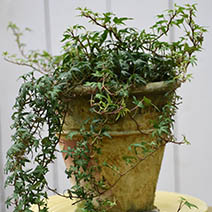
Prepping Houseplants for Fall Re-Entry
Some of us saw this coming. After all, fall happens right about now every year. So, you might as well...
Prepping Houseplants for Fall Re-Entry
Some of us saw this coming. After all, fall happens right about now every year. So, you might as well...
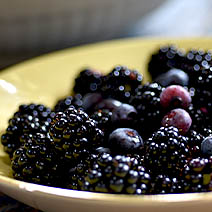
Bodacious Berries
It’s harvest time. So don’t start putting your garden to bed because there’s plenty of perks on the horizon. Don’t...
Bodacious Berries
It’s harvest time. So don’t start putting your garden to bed because there’s plenty of perks on the horizon. Don’t...

Preventing Pests with a Compost Tea
The bugs are out in full force this Summer! When you find insects in your garden, your first instinct might...
Preventing Pests with a Compost Tea
The bugs are out in full force this Summer! When you find insects in your garden, your first instinct might...

Keep the Yummy Coming
Once you’ve got a taste of your own fresh veggies plucked straight from the garden, you’ll want to keep the...
Keep the Yummy Coming
Once you’ve got a taste of your own fresh veggies plucked straight from the garden, you’ll want to keep the...
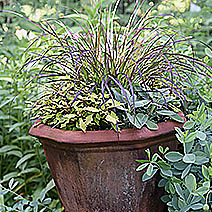
Container Reboot
Midsummer is all about excess, right? It’s about beating sun, scorching temperatures, and thunderstorms that send your pets cowering. All...
Container Reboot
Midsummer is all about excess, right? It’s about beating sun, scorching temperatures, and thunderstorms that send your pets cowering. All...
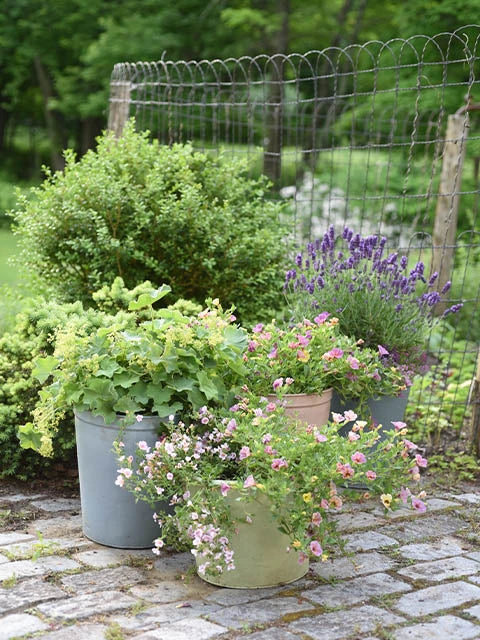
Perennially Wonderful Containers
Are you more than a little tired of containers spilling with petunias? Is your love affair with impatiens over? We...
Perennially Wonderful Containers
Are you more than a little tired of containers spilling with petunias? Is your love affair with impatiens over? We...

Native Seed Secrets
Tempted to go native in your garden? Seeds are a super way to start. Thanks to the new movement to...
Native Seed Secrets
Tempted to go native in your garden? Seeds are a super way to start. Thanks to the new movement to...
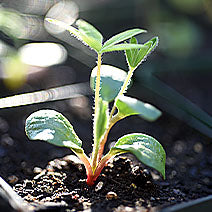
Seeds Get You Started
Spring is so fickle. The temperatures go up, the temperatures drop down. It’s way too risky to start planting in...
Seeds Get You Started
Spring is so fickle. The temperatures go up, the temperatures drop down. It’s way too risky to start planting in...
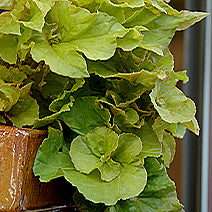
Big into Begonias
Why are begonias big right now? Maybe because they have personality. Unlike all those placeholder foliage plants that sit in...
Big into Begonias
Why are begonias big right now? Maybe because they have personality. Unlike all those placeholder foliage plants that sit in...
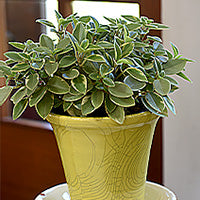
Green Gifts with Love
Your partner really wants a houseplant this Valentine’s Day. Enough hints have been dropped to let you know that a...
Green Gifts with Love
Your partner really wants a houseplant this Valentine’s Day. Enough hints have been dropped to let you know that a...
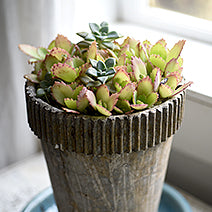
Succulents Without Tears
They’re kinky, they’re seductive, and they look like something out of Sci-Fi. You’ve always wanted a succulent, right? Well, we’re...
Succulents Without Tears
They’re kinky, they’re seductive, and they look like something out of Sci-Fi. You’ve always wanted a succulent, right? Well, we’re...
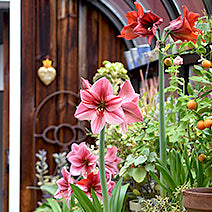
A User’s Guide to Amazing Amaryllis
You want them. Of course, you want them. Who wouldn’t be starstruck by huge bodacious trumpet-shaped blossoms blaring with voluptuousness?...
A User’s Guide to Amazing Amaryllis
You want them. Of course, you want them. Who wouldn’t be starstruck by huge bodacious trumpet-shaped blossoms blaring with voluptuousness?...
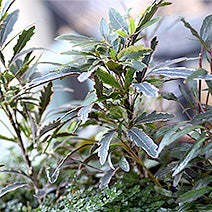
Good Company
Eek! The landscape outdoors is paring down. Every day more plants shed their leaves and drop off the scene. We...
Good Company
Eek! The landscape outdoors is paring down. Every day more plants shed their leaves and drop off the scene. We...

Outside In
Autumn sort of sneaks up on you, doesn’t it? One week you’re dragging hoses outside in a heatwave to water...
Outside In
Autumn sort of sneaks up on you, doesn’t it? One week you’re dragging hoses outside in a heatwave to water...
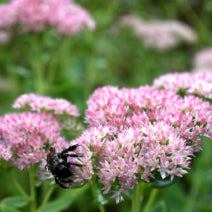
Keeping Plants Frisky in a Drought
If we learned anything this summer, it was how to wield a watering can. Steamy and dry weather was the...
Keeping Plants Frisky in a Drought
If we learned anything this summer, it was how to wield a watering can. Steamy and dry weather was the...
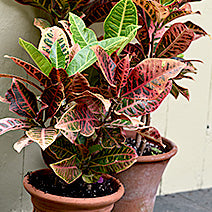
Midsummer Reboot
Phew! Welcome to the long, sizzling summer. If you’re identifying that the proverbial cat on a hot tin roof right...
Midsummer Reboot
Phew! Welcome to the long, sizzling summer. If you’re identifying that the proverbial cat on a hot tin roof right...
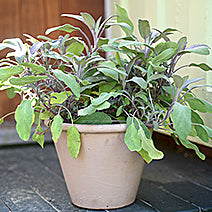
Porch Perennials
Sure, perennials are great in the garden. They come back faithfully every year (hopefully) and they grow more lush as...
Porch Perennials
Sure, perennials are great in the garden. They come back faithfully every year (hopefully) and they grow more lush as...




